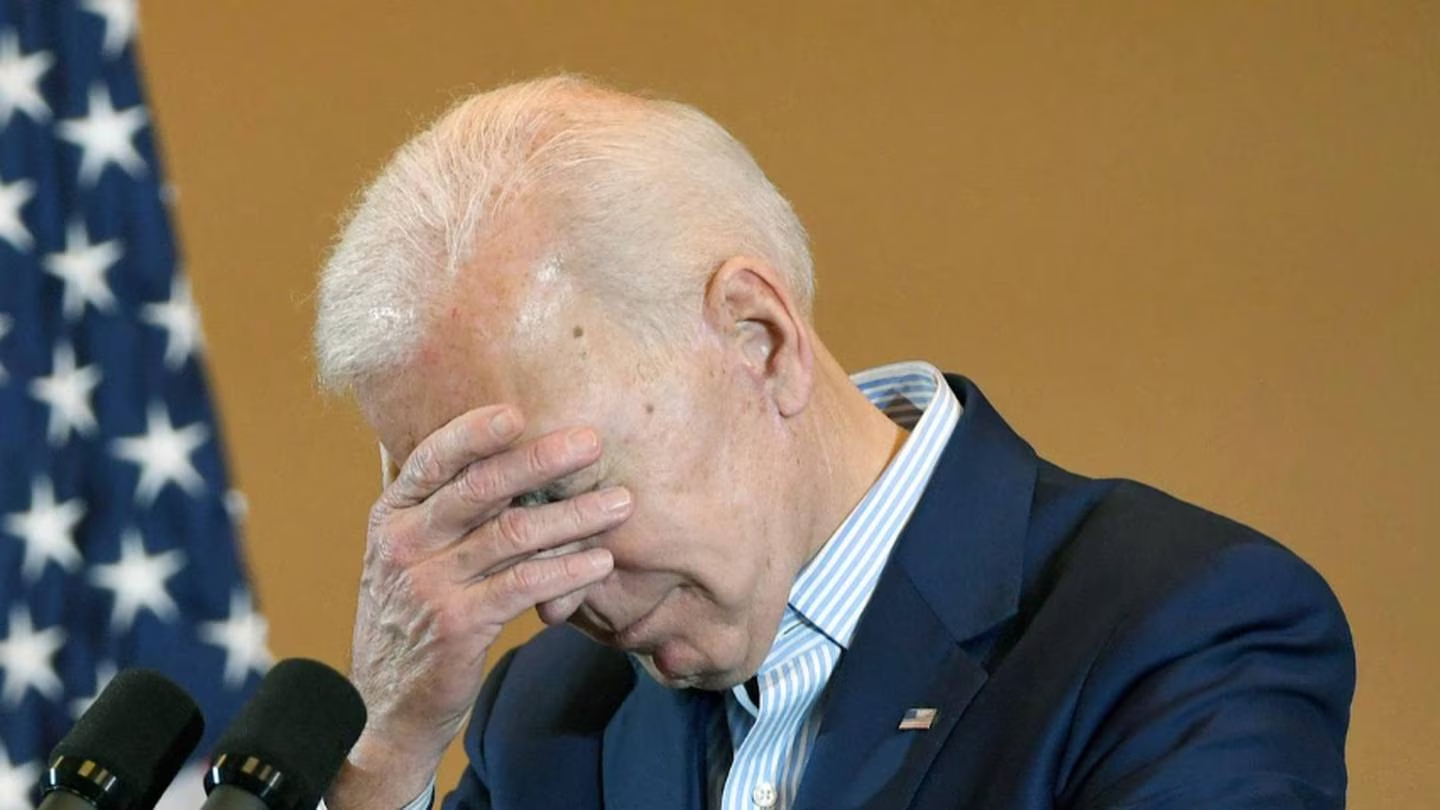Former President Donald Trump faces significant legal challenges as a New York judge recently ruled that he had misled about his wealth and committed fraud in securing loans. These actions could result in Trump losing control of key properties, including Trump Tower and his Westchester golf club, among others, according to reports from Daily Mail.
New York Judge Arthur Engoron’s ruling revealed that Trump had engaged in fraudulent activities over several years while building his real estate empire, which played a pivotal role in his rise to fame and his tenure in the White House. Prosecutors alleged that he inflated property values when seeking loans and deflated them when reporting to tax authorities.
This ruling has far-reaching implications and could potentially strip the former president of control over several properties, including his flagship Trump Building at 40 Wall Street in Lower Manhattan and his iconic residence, Trump Tower.
Additionally, Trump may also face the risk of losing his family estate and the Westchester County golf club. The decision would place these properties under receivership, meaning Trump would still technically own them but lose the ability to sell assets or use them as collateral for loans. Any proceeds from the properties’ sale would only be released after debts and liabilities are settled, making this a significant setback for Trump’s financial interests.
Legal experts have dubbed this ruling a ‘corporate death penalty,’ underlining its severe impact on Trump’s business operations.
Trump responded to the decision on Truth Social, calling it “a very sad day for the New York State System of Justice” and deflecting attention to rising crime rates in New York State. He expressed frustration at the ruling, claiming that it unfairly targeted him despite his flawless business practices.
Judge Engoron’s decision marks a significant victory for New York Attorney General Letitia James, who had filed a lawsuit against Trump. This ruling effectively eliminates the need for a trial to determine whether Trump had fraudulently obtained favorable loan terms and insurance deals.
James had alleged that Trump had exaggerated the value of his properties by as much as $2.2 billion and sought a penalty of approximately $250 million. While the judge’s order won’t dissolve Trump’s company, it will undoubtedly impact its operations. Trump retains the option to appeal, and the trial will ultimately determine the extent of the penalty he faces.
This legal development is set to have lasting consequences for the former president’s financial empire, with the legal battle far from over.










